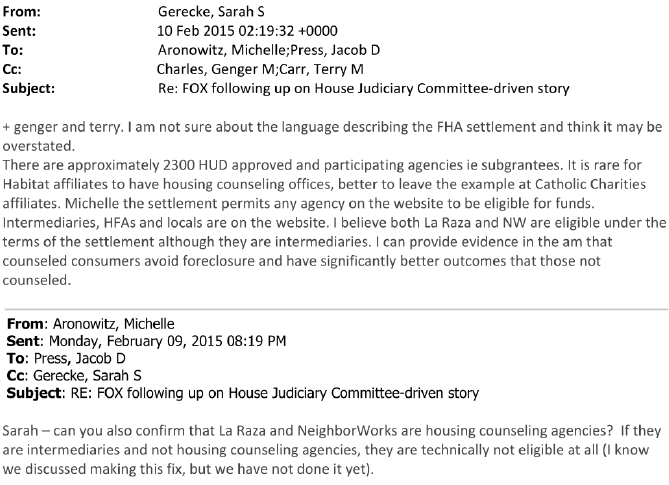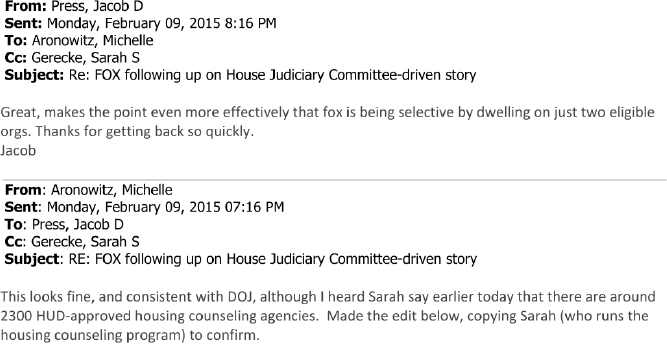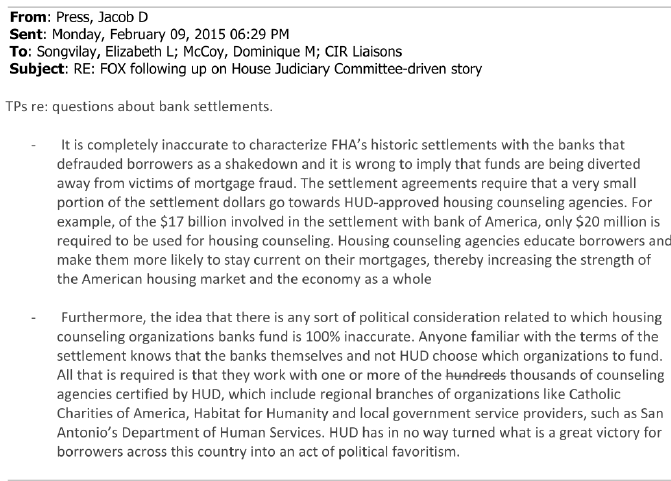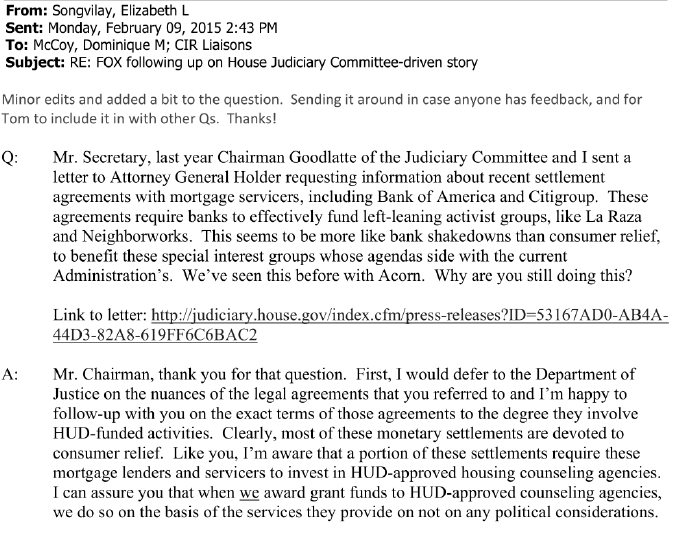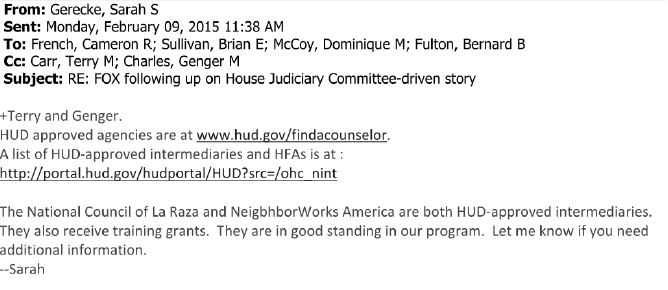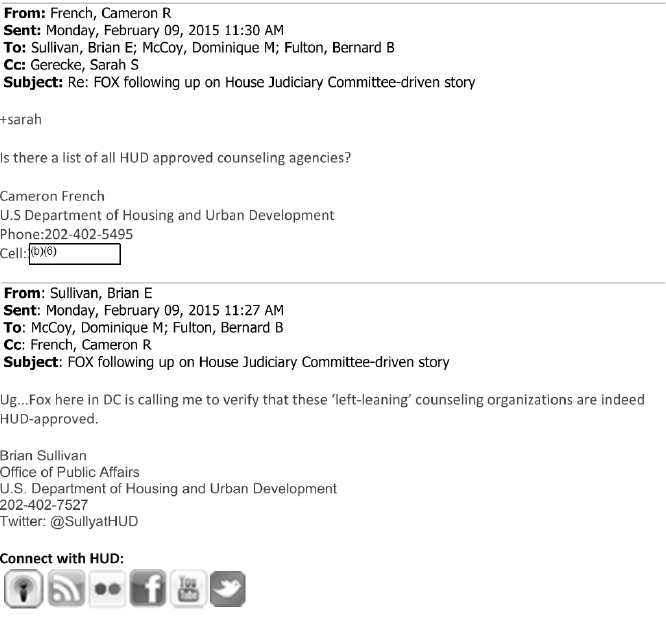Court cites improper behavior and objections in first depositions, allows for new deposition in ongoing “Cupo Case”
A Federal District Court ruled partially in favor of Cause of Action Institute’s motion for sanctions against the state of Florida, instructing a Florida assistant attorney general to re-appear for the second time at a new deposition due to the improper and invalid objections made during the first deposition.
“Nobody is above the law. Even lawyers working at the Florida Attorney General’s Office who appear as witnesses in depositions must follow the same rules as any other witness,” said Cynthia Crawford, senior counsel at Cause of Action Institute. “This case boils down to government officials who aggressively used their powers to unfairly crackdown on a family business by using questionable techniques and procedures and then tried to stonewall questions about the case they have brought. We hope the government will be more forthcoming and cooperative in the second deposition as we seek to defend our client and resolve this dispute.”
In August 2018, a Federal Court denied Florida’s motion for a protective order in which it tried to prevent Cause of Action from examining Florida’s role in the raid and prosecution of Vylah Tec LLC. In September, a senior assistant attorney general was selected to sit as the “30(b)(6)” witness for the state of Florida.
The Court ruled that the Florida Office of Attorney General “improperly instructed [the witness] not to answer numerous other questions posed by defense counsel.” In some instances, the Florida Office of Attorney General refused to cite a reason for their objection, as required. The Court also noted that instructions to the witness not to answer on the basis that “the document speaks for itself,” were improper.
As a result, the Court granted the defense a new deposition on limited topics, instructing the State to re-appear.
Parties have until Friday, Dec. 14, 2018, to hold a new deposition.
The Vylah Tec case demonstrates the vast power of the federal government and the ability of the Federal Trade Commission (FTC) to use a court order obtained in secret to deny a family-run company due process by swooping in and seizing assets—including the money they need to hire a lawyer and mount a defense. Cause of Action Institute firmly believes a prosperous society allows all individuals, entrepreneurs, and companies an opportunity to succeed, but far too often when facing the FTC, companies or individuals have their livelihoods threatened and must defend themselves against a regulatory authority with near endless resources and no motive to render justice.

